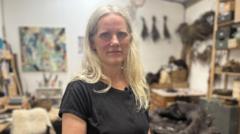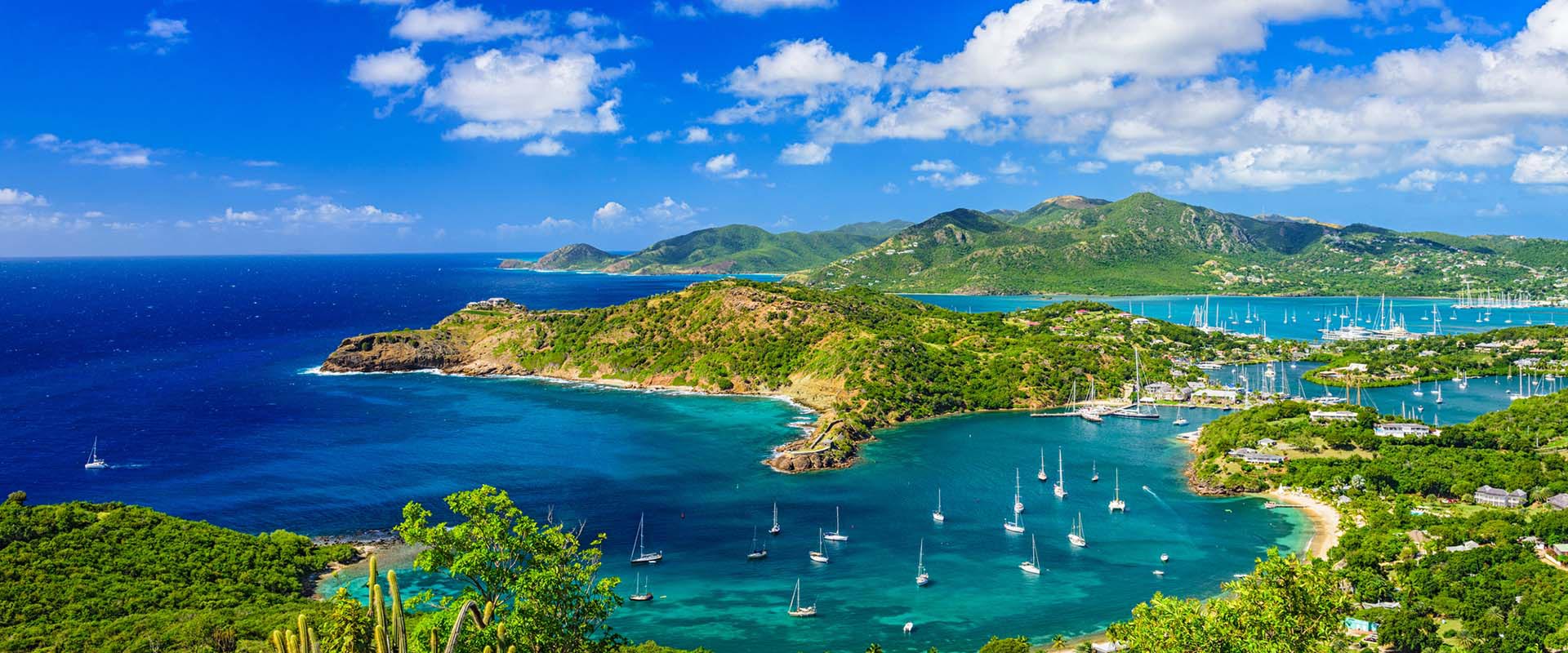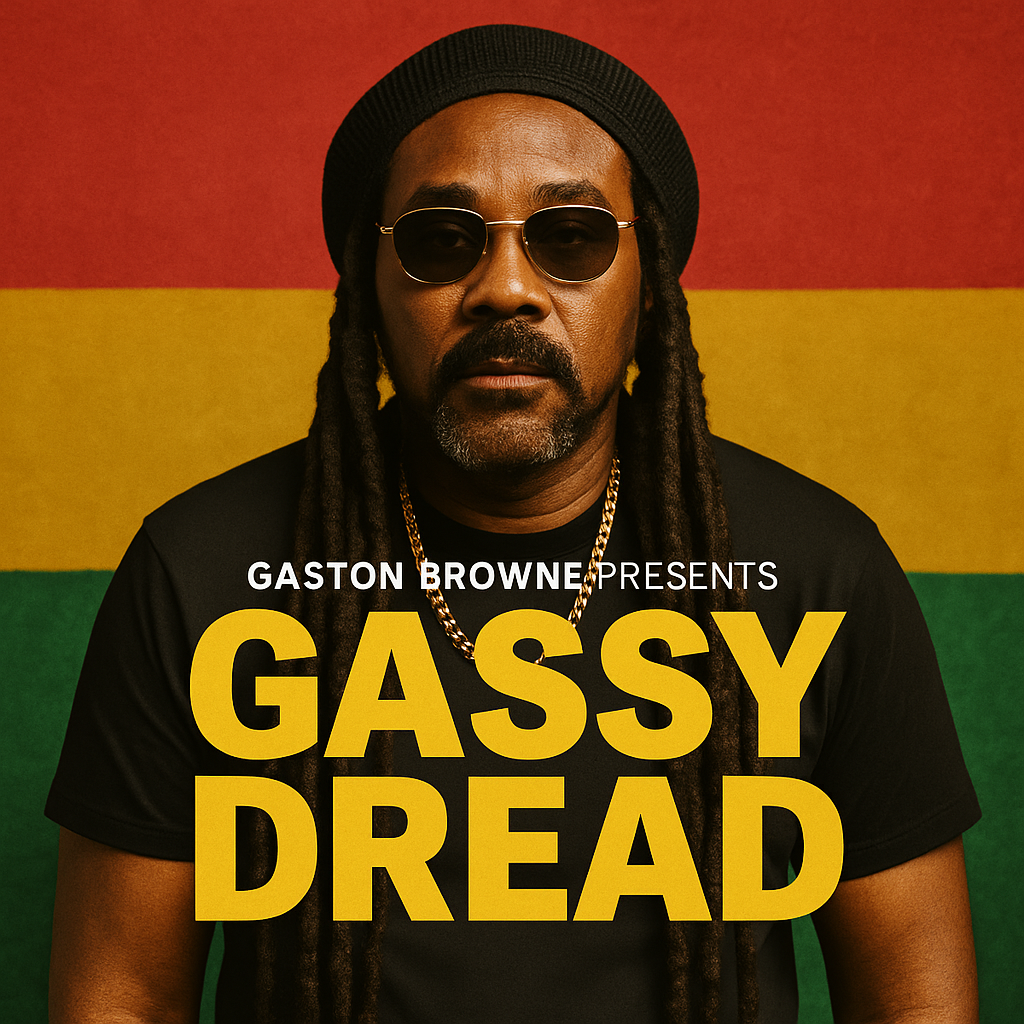According to carbon consultancy Planet Mark, traditional cremation generates emissions equivalent to a round trip flight from London to Paris, while non-biodegradable coffins and formaldehyde embalming present further environmental challenges. A recent YouGov survey from Co-op Funeralcare found that 10% of respondents desired eco-friendly funerals. Rachel, an artist steeped in the themes of death and nature, is crafting her own burial shroud, which eliminates the need for environmentally harmful coffins while stimulating necessary dialogues about death.
Natural burial practices, which advocate biodegradable coffins in shallower graves, are gaining traction across the UK. These unconventional burial sites feature wildflowers and native trees in place of traditional markers. Sarah Jones, a Leeds-based funeral director, reports that eco-funerals now constitute 20% of her business, a figure that reflects the rising demand for sustainable death options. Customers are increasingly motivated to embody the values of loved ones and the environments they cherished in their farewells.
However, the accessibility of eco-friendly burial sites poses challenges. Often located in remote areas, these sites can lead to a larger carbon footprint when travel is considered. Despite this, advocates like Rachel envision a future where eco-conscious burial practices are normalized, emphasizing that individuals should have autonomy over their burial choices and options perfectly aligned with their values.
In an age where sustainable living is paramount, rethinking how we honor those who have passed is a significant step towards a greener future, even in death.
Natural burial practices, which advocate biodegradable coffins in shallower graves, are gaining traction across the UK. These unconventional burial sites feature wildflowers and native trees in place of traditional markers. Sarah Jones, a Leeds-based funeral director, reports that eco-funerals now constitute 20% of her business, a figure that reflects the rising demand for sustainable death options. Customers are increasingly motivated to embody the values of loved ones and the environments they cherished in their farewells.
However, the accessibility of eco-friendly burial sites poses challenges. Often located in remote areas, these sites can lead to a larger carbon footprint when travel is considered. Despite this, advocates like Rachel envision a future where eco-conscious burial practices are normalized, emphasizing that individuals should have autonomy over their burial choices and options perfectly aligned with their values.
In an age where sustainable living is paramount, rethinking how we honor those who have passed is a significant step towards a greener future, even in death.





















